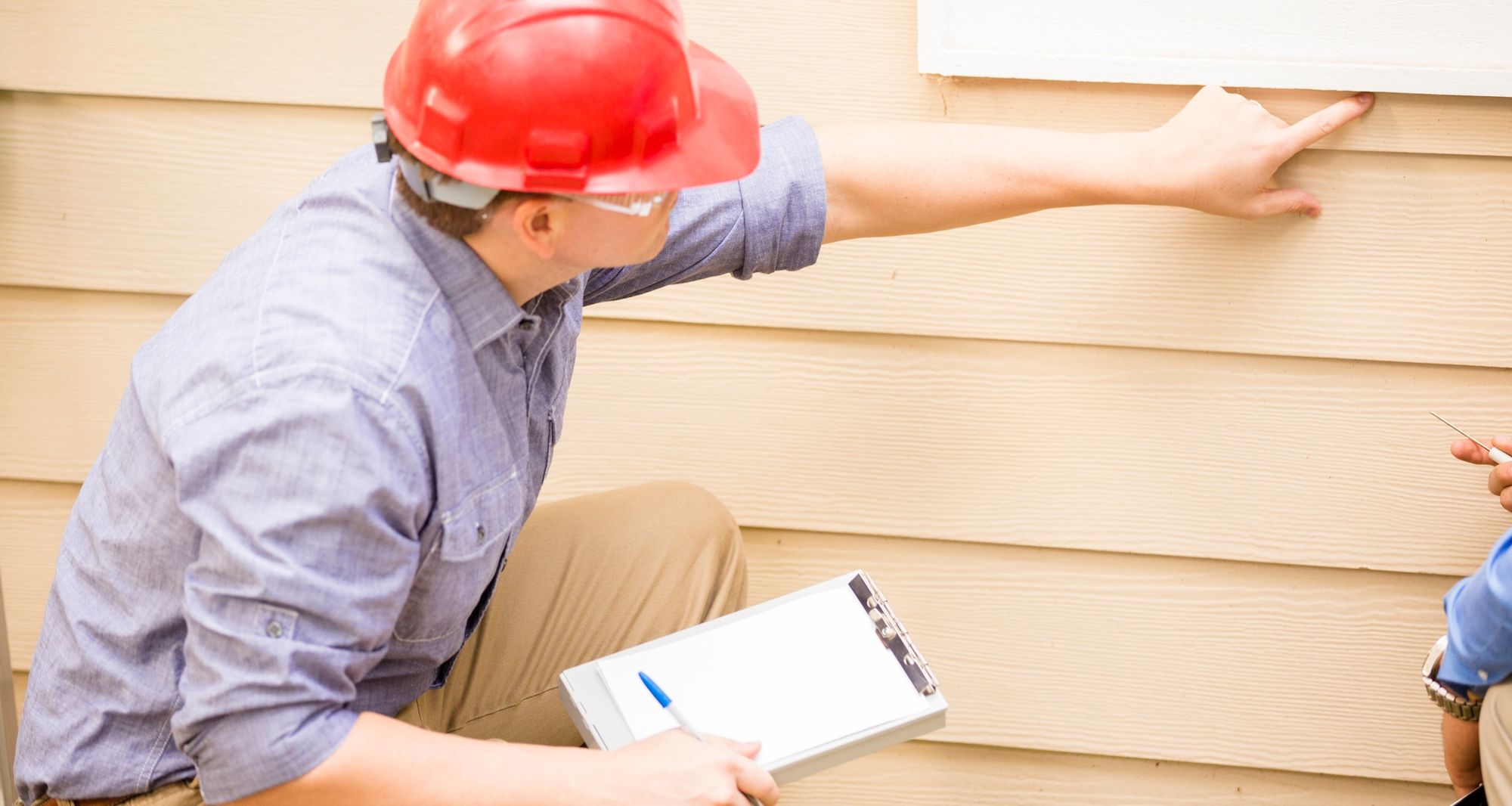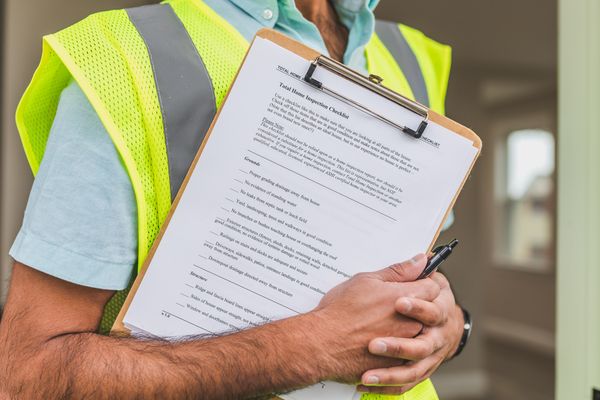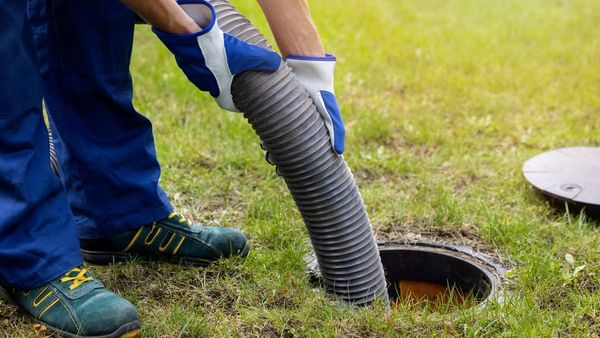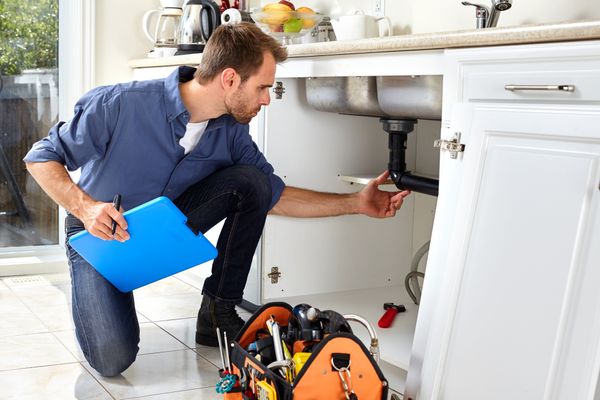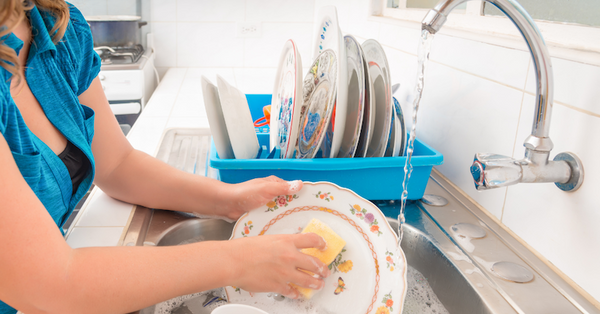A home inspection is a crucial factor in buying and selling homes as it is the visual assessment of your house featuring detailed evaluations of its physical structure and mechanical systems. The home inspector's report is intended to inform you about a home's condition so you can make a more informed decision about the property.
Home inspections are common in the "due diligence" period of the home purchase process and can protect both sellers and buyers from future liability. It also provides helpful tips for how homeowners can maintain their houses in the best possible way.
One common question during the home buying process is how much does a home inspection cost? Generally, a potential homebuyer will cover the cost for an inspection and the fee is paid up front or at the time of inspection.
How Much Does A Home Inspection Cost?
Generally, a home inspection will cost between $350 to $700. Notably, some home inspection companies charge as low as $250, however the inspection may not be as comprehensive as others or might exclude certain items such as a structural inspection, termite inspection or a roof inspection. Unlike lender and title fees, which are closing costs paid at closing, you'll pay the inspection company directly.
Be sure the ask for a list of everything that is captured by the given provider before paying. As of 2023, the average cost for a home inspection in the US was $394.
Average Inspection Cost By City
Our team researched online pricing and also contacted more than 70 inspection companies in the US (10 inspection companies per city). Based on our independent research, here are the average prices for 7 major US markets.
Atlanta: $428
Dallas: $456
Los Angeles: $501
Miami: $477
Orlando: $375
Phoenix: $402
San Francisco: $523
Add-On (Optional) Inspection Costs
It is noteworthy that your final price may fluctuate from these averages if additional services are added, such as the ones below:
Septic inspection: $250
Air quality or mold test: $200 - $300
Termite inspection: $0 - $100
Radon test: $200 - $300
Pool inspection : $200 - $250
Factors Influencing Inspection Cost
A home inspections primary purpose is to evaluate the condition of the home's key feature - such as the roof, exterior, plumbing, etc.
In addition, a home inspection also includes the inspection of specific systems that make the house liveable. The American Society of Home Inspectors has compiled a list of the following systems that are commonly covered during a home inspection. These items below should all be checked by your home inspector:
● Heating system
● Central air conditioning system
● Interior plumbing
● Electrical systems
● Insulation and ventilation
● Fireplaces and fuel-burning appliances
How Does a Home Inspection Work?
As the homebuyer, you'll have an inspection contingency (aka due diligence), which provides a period of time for you to perform an inspection of the property. Either you or your Realtor can book the inspection once you're under contract on the new home.
On the day of the inspection, a certified home inspector will typically spend 1-3 hours at the house evaluating the property and creating an inspection report. The inspection report can be used to negotiate repairs or even negotiate a lower price on the house.
Who Pays for the Home Inspection?
During the due diligence period, the homebuyer will pay for the inspection. However, the seller will often pay for repair requests based on the inspection findings. When the seller offers to a monetary credit towards repairs, this is referred to as a seller concession or seller credit.
The Final Take
A home inspection is a critical part of the homebuying process. It determines the condition of a home and assesses the maintenance issue before you make a purchase. Unless you're buying the home as-is, the inspection report can be used as a tool for negotiating a lower price for the home or requesting repairs from the seller.
It is vital to note that the inspection generally costs the buyer as the homebuyer pays the inspection fee. But, sometimes sellers inspect the home before listing it for sale, which is considered a savvy way to uncover issues before listing the property.
If the inspection determines any issue related to the structure or mechanical systems, the seller may be willing to make repairs depending on the nature of the contract. Also, homeowners often avoid inspecting a newly constructed home, however a home inspection is crucial, whether it is a newly constructed home or a resale property.

